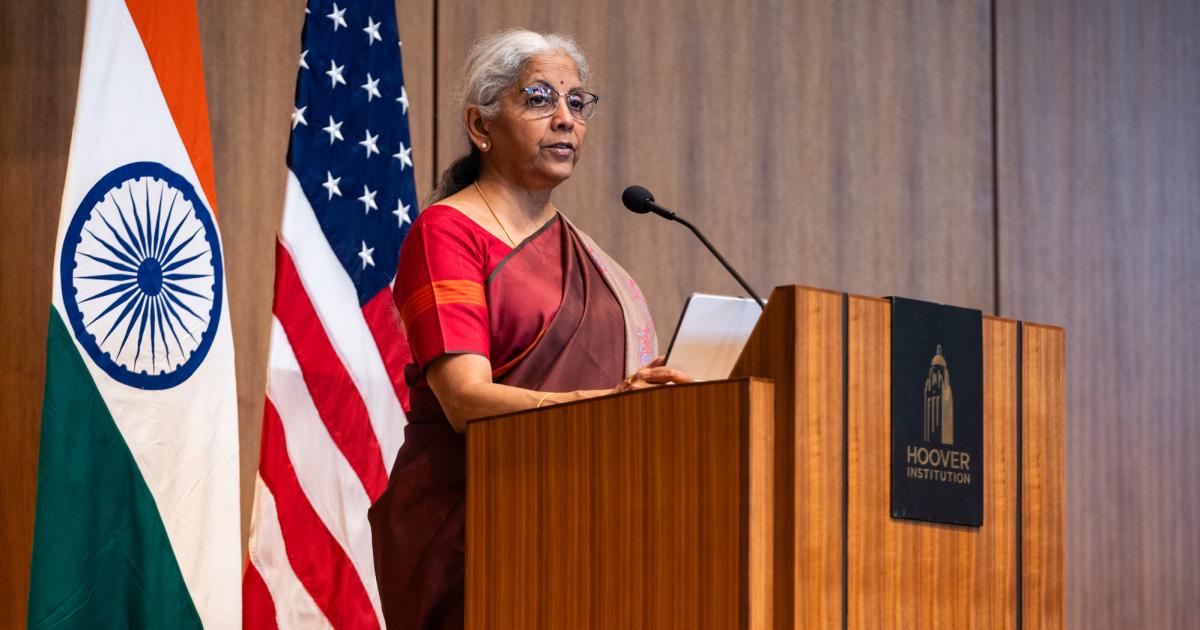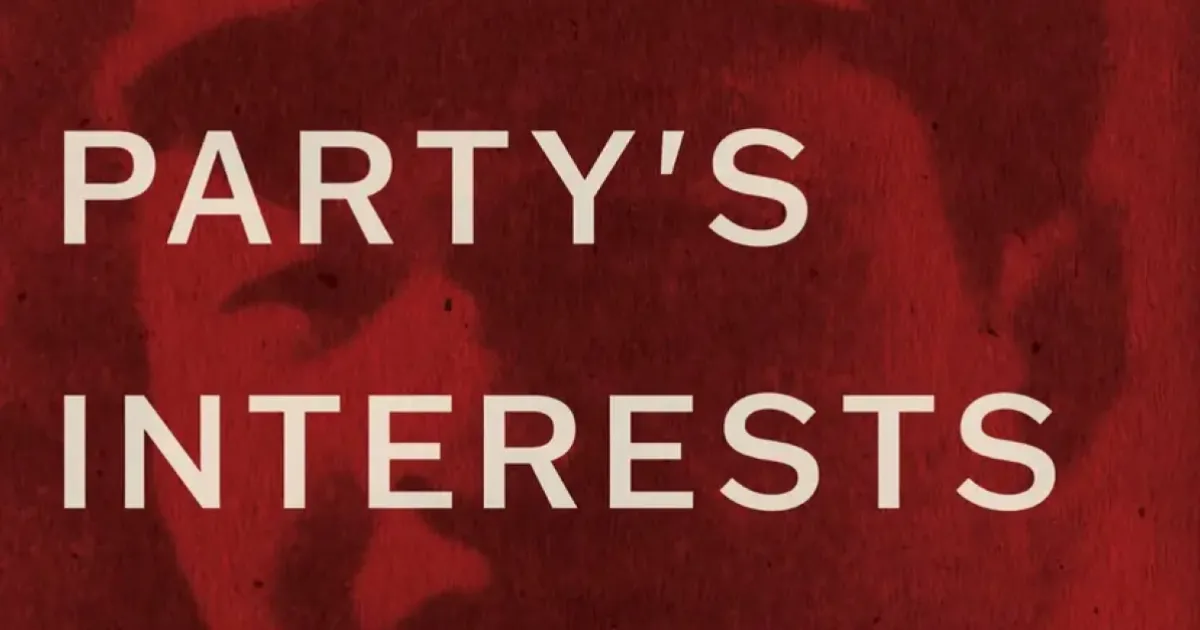Controversy Swirls Around Hennepin County Prosecutor's Decision on Tesla Vandalism Case

In a surprising turn of events here in Minnesota, our typically left-leaning local media has begun to hold County Attorney Mary Moriarty accountable for her contentious decision involving the vandalism of six Tesla vehicles. This shift seems to have been influenced, or perhaps prompted, by a report from The New York Post that scrutinized Moriarty's choices in this politically charged case.
Moriarty, who ascended to the role of Minneapolis County Attorney following the widespread unrest after George Floyd's death, has drawn comparisons to other progressive prosecutors like Alvin Bragg in Manhattan and the recently ousted Chesa Boudin from San Francisco. Her actions have sparked debates about how justice is wielded within her jurisdiction.
The vandal in question, 33-year-old Dylan Adams, who is a state government employee, was apprehended on video committing the vandalism in late March. His actions occurred during a broader wave of attacks against Tesla, a company often criticized by certain political factions, particularly due to its CEO, Elon Musk, who has become a polarizing figure in American politics. Adams was responsible for inflicting approximately $21,000 in damages across six vehicles, with over $10,000 damage inflicted on a single Tesla.
Despite the severity of the actscomprising six feloniesMoriarty chose not to prosecute Adams, instead offering him a diversion program, a decision that has raised serious questions about her judgment. Critics argue that such leniency undermines the seriousness of his actions and sets a troubling precedent.
As outrage over Moriartys decision continued to spread, local reporters seized the opportunity to confront her during an unrelated public event. In her defense, Moriarty asserted that diversion programs are beneficial, claiming they help reduce recidivism rates and contribute to public safety. She argued that this approach allows offenders to retain their jobs, referring specifically to Adams position at the Minnesota Department of Human Services, and facilitates their ability to repay any damages caused.
However, Moriartys own office has established guidelines for diversion that explicitly restrict it to property crimes resulting in damages below $5,000, leading many to question the consistency and fairness of her decision. In a striking contrast that further fueled the controversy, on the very same day that she announced the diversion for Adams, she proceeded to charge a 19-year-old woman with a first-degree felony for keying a single vehiclea car belonging to a co-worker at White Castleresulting in damage of just $7,000.
This juxtaposition raises significant concerns about perceived bias in Moriarty's prosecutorial decisions. It seems that for certain individuals, particularly those connected to the political elite, the consequences of their actions are markedly different compared to those not within the same sphere.
The Minneapolis Star Tribune, a publication often regarded as left-leaning, recently published a report that highlighted Moriartys questionable track record as a prosecutor, mentioning her reluctance to hold offenders accountable. Her approach has reportedly earned her a reputation as being soft on crime, a label that may not fully encapsulate the extent of her apparent aversion to pursuing criminal charges seriously.
In light of Moriarty's decision, Brad Johnson, the lead prosecutor of neighboring Anoka County, expressed his intent to hold offenders accountable, asserting that he would have pressed charges against Adams to prevent any potential misinterpretation of the consequences of criminal behavior in the area.
The underlying message conveyed by Moriarty's decision appears to suggest a troubling leniency towards politically motivated crimes, as she defended her stance by stating that such considerations did not influence her decisions. She emphasized her commitment to public safety, questioning whether the nature of the crime should alter the treatment of an offender based on political motivations.
As discussions around this case continue, Moriarty's decision may inadvertently signal to the public that criminal acts are excusable if framed through a political lens, especially when the perpetrators are aligned with the prevailing leftist agenda. Critics allege that her decisions reflect a broader pattern of selective enforcement of the law, particularly favoring those who identify with certain political movements.
While her position as County Attorney is technically nonpartisan, Moriarty is affiliated with the Democratic-Farmer-Labor Party, effectively the Minnesota chapter of the Democratic Party. Her 2022 election campaign received backing from influential figures, including endorsements from George Soros and Rep. Ilhan Omar, further intertwining her with the state's political landscape.
As Moriarty approaches her re-election bid in 2026, the backlash against her decisions, particularly in light of this case, may influence her standing within the community and party. Meanwhile, the Minneapolis Police Department, which played a role in investigating Adamss case, has voiced its frustration with Moriarty's decision, emphasizing that their efforts should not be undermined by her choices.
Chief Brian OHara of the Minneapolis Police stressed that the department fulfilled its duty in this case, suggesting that any anger over the lack of charges against Adams should be directed at Moriarty herself. This incident exemplifies the tensions within local governance as differing views on law enforcement and accountability clash.
As the dust settles on this incident, it remains to be seen how the community will respond to Moriartys handling of such cases in the future. Minnesota's residents are clearly observing the unfolding drama, where political affiliations seem to overshadow matters of justice and accountability.




























